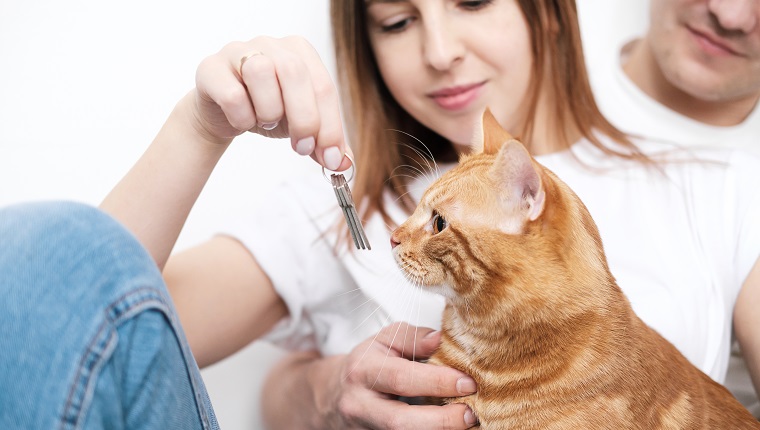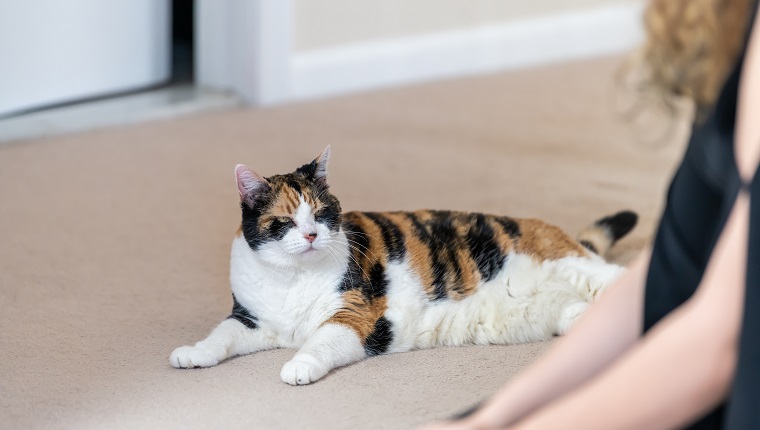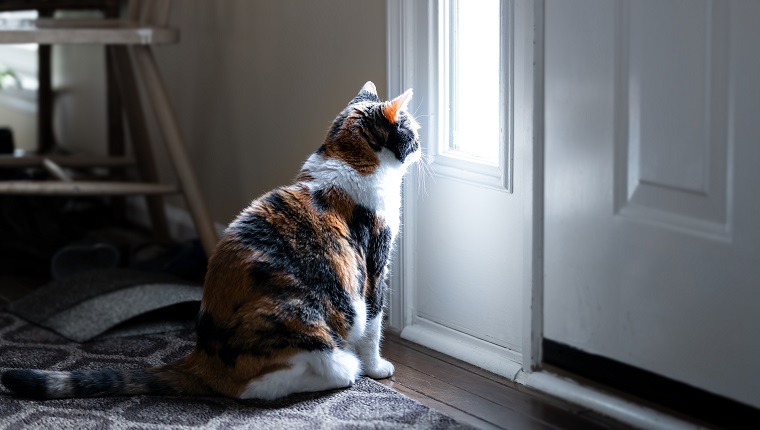Separation anxiety in cats can be challenging, and sometimes the signs of insecurity can be tough to recognize.
Cats have all different forms of separation anxiety, ranging from very mild to all-out destructive. But what causes a cat to hate being alone, especially if the change in behavior comes out of nowhere?
These causes of separation anxiety might surprise you.
1. Time Changes
As strange as it may sound, changing the clock for Daylight Saving Time can cause enough stress to a cat that they may develop separation anxiety. Or if you happen to move to a different time zone, the sudden shift in schedule can have a similar effect.
This is because many cats, even indoor ones, tend to define their lives by the sun and their usual routine. Have you ever noticed that your cat gravitates to the room where the sun is shining through a window so they can catch the warmth of the rays?
When you “fall back” or “spring forward” an hour, this can throw your cat’s entire schedule off because they’re still trying to set their day by the sun and by their usual feeding and sleeping times. The same can happen if you move to a new place with your cat that has a different time zone.
All of a sudden, you’re leaving earlier or later than you’re supposed to, in your kitty’s view. You’re feeding them at a different time. The sun isn’t where it usually is when they sleep. Everything shifts when the time changes.
If this is the cause, your cat will adjust eventually. Just don’t feed into their anxiety by delaying your departure or encouraging excessive meowing with treats.
2. Picking Up On Your Routine

If you use the same routine every time you leave for work, this can actually cause stress for your cat. For example, they might realize that the sound of your keys means that you’ll be gone for a long time, and they’ll start to get upset and anxious before you ever step out the door.
So instead, vary your routine every morning so they don’t quite catch on. For example, you can pick up your keys right when you first wake up some mornings or at odd hours of the day and night so they hear the sound and figure out it doesn’t mean you’re leaving.
Try things like putting on your shoes early or putting them on and not going anywhere, or feed your cat breakfast at different times after you’ve woken up. If you change things up every morning, they’ll be less sure what’s going on and won’t get as worked up and anxious.
3. Stress Hormones
Stress hormones can wreak havoc on a cat’s body. If your cat has started getting anxious when you leave, their stress hormones might actually be making the situation worse.
Stress can cause cats to have upset stomachs, which can lead to peeing or pooping in inappropriate places. Your cat might also feel the need to spray on everything in the house in an attempt to feel more secure.
Try buying diffusers that emit scents that mimic a cat’s calming pheromones to combat the stress.
4. Boredom: The Cat’s Enemy
It might not be so much that your cat hates being alone, but they hate being bored. So find things to keep them entertained while you’re gone.
Keep the curtains of a window open so they can see outside. Hide small pieces of food around the house that they can hunt. Or buy them a puzzle toy that drops treats while they play with it. This last suggestion gives an added bonus of rewarding them while you’re gone, so they’ll learn to make positive associations with being alone.
If your cat is just very social, you might consider adopting a second cat to keep them company.
5. Depression Or Anxiety Disorders
Cats can actually get depressed or develop anxiety disorders that are tough to fix, just like humans can.
If the separation problem just feels too big, take your cat to the vet to see if an illness is causing the issue. Your vet may suggest anti-anxiety medications or lifestyle changes to help.
Of course, drugs should be a last resort after you’ve tried other suggestions. But some cats need that extra help.
6. You’re Making Too Big Of A Deal Out Of Leaving

The reason might quite simply be you. If you’re nervous about leaving your cat alone, you might be making way too big of a deal out of your departure.
Cats can pick up on our emotions, and if you’re anxious, your cat may get anxious, too.
Try not making a big deal out of leaving the house. Don’t coddle your cat or give them a long talk about how you won’t be gone for very long. Don’t treat them any differently when you leave the house than you would walking into the bathroom to brush your teeth in the morning.
If you act like leaving isn’t a big deal, then they may be calmer and feel more relaxed about the whole thing, too.
Have you encountered other sources of separation anxiety in your cat? Have you found other solutions? Let us know in the comments below!









